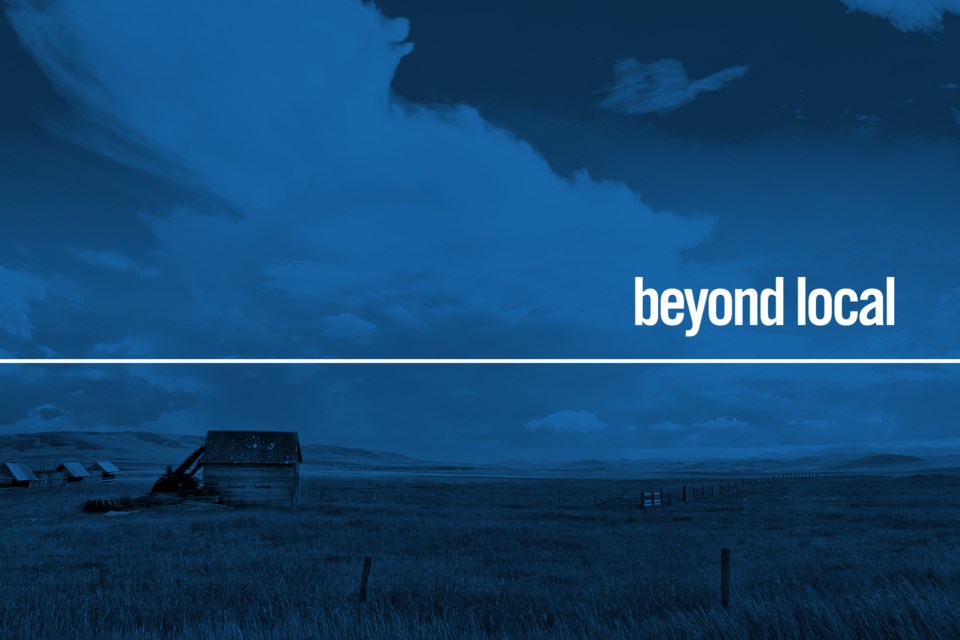St. Albert residents will get to take in some free online talks next week on how action on global heating can make for a better world.
International Week at the University of Alberta begins Feb. 1. Held online due to the pandemic, this free conference features seven days of talks on climate change, war, medicine, and other issues addressed by the UN’s 17 sustainable development goals.
Many of this year’s sessions are linked to climate change and renewable energy. The opening keynote on Feb. 1 is by economist Stephanie Kelton, who will speak on how Alberta can decarbonize its economy. Alicia Richins will give the closing address on solar energy and sustainable development Feb. 7; her talk will also serve as the first event of the Solar Alberta Solar Show.
Climate challenges
U of A environmental sociology student Angeline Letourneau will talk about how to address climate denial on Feb. 1.
The Intergovernmental Panel on Climate Change (among many other organizations) has determined the Earth is warming due to human-caused greenhouse-gas emissions, resulting in climate changes unprecedented in hundreds of thousands of years. Without immediate reductions in CO2 emissions, average temperatures are predicted to rise more than 1.5 C above the 1850-1900 (pre-industrial) average in 20 years, resulting in more floods, fires, and droughts.
Despite the evidence, an October 2021 poll by Abacus Data found that seven per cent of Canadians and 12 per cent of Albertans do not believe the Earth is warming.
Climate deniers argue that global heating is either not happening or not human-caused in order to justify inaction, Letourneau said. That’s a problem, as these arguments bog down the systemic change needed to prevent disastrous climate change.
“A lot of it comes down to economic livelihood as well as identity,” Letourneau said of climate denial — action on climate change requires reduced fossil fuel use, which threatens the livelihood and identities of those who work with fossil fuels, so they deny it is happening and oppose action on it.
As identities are difficult to change, Letourneau said her talk will look at how to sidestep this problem to get more people on board with climate action. One way is to emphasize the other benefits of action: oil sector jobs are often volatile and hard on families, for example, and the green energy sector can offer stability.
U of A public health Prof. Stan Houston will speak Feb. 3 on how climate change can affect communicable diseases.
It's tough to predict how diseases will shift as climate changes, Houston said. Lyme-disease ticks are definitely moving north as the world warms, for example, but they might not reach Alberta if this province also becomes too dry for them to live. High heat harms malaria but helps malaria-bearing mosquitoes spread to new regions.
Higher temperatures can thaw permafrost and release pathogens, as happened during an anthrax outbreak in Siberia in 2016 that killed one person and about 2,000 reindeer, Houston continued. Climate change can also cause more floods, droughts, crop failures, and mass migrations, which contribute to sanitary diseases such as cholera.
Houston said infectious diseases can bite us in a serious way, as has been evident with the COVID-19 pandemic, and can cause us serious trouble should one go out of control due to global heating.
“We should address the underlying problem of climate change more ambitiously.”
International Week runs from Feb. 1 to 7. Visit www.ualberta.ca/international/global-education/international-week for details.




